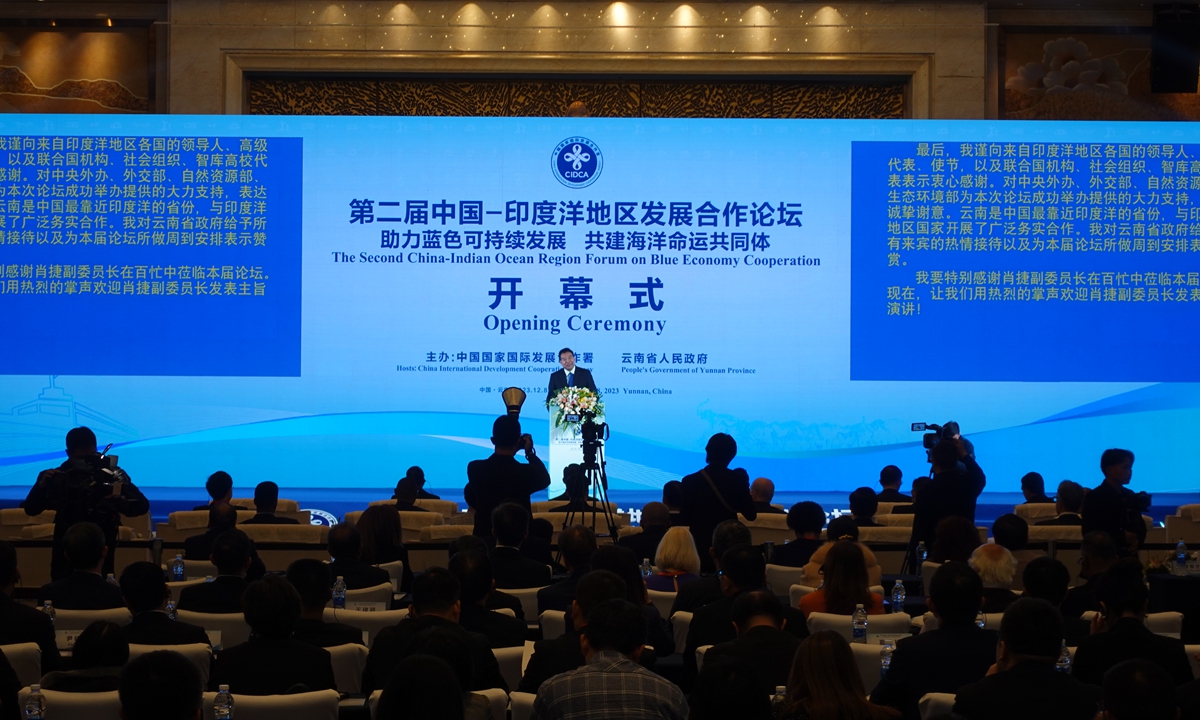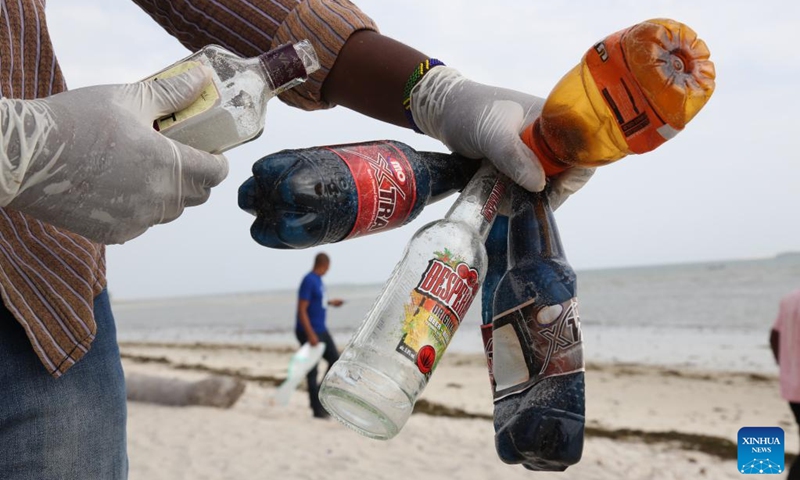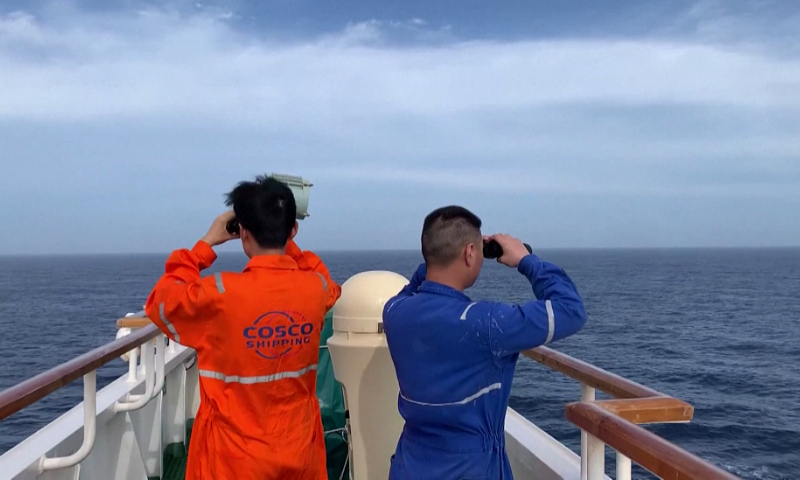China to launch cooperation and training programs to enhance blue economy cooperation with Indian Ocean countries

The second China-Indian Ocean region forum on blue economy cooperation Photo: Zhang Dongjin/GT
China is planning to implement various projects on poverty alleviation, clean energy and other fields in the Indian Ocean region, and conduct training programs to cultivate talents in areas such as disaster relief, green development and climate change, as part of a plan to boost blue economy cooperation with regional countries, said a Chinese official at the second China-Indian Ocean region forum on blue economy cooperation held in Kunming, Southwest China's Yunnan Province on Friday.
China is a strategic partner of countries in the Indian Ocean region, with a total of 23 dialogue partners, Luo Zhaohui, chairman of the China International Development Cooperation Agency, said at the forum.
He noted that China has made significant efforts to implement its goals for the United Nations' The Ocean Decade' agenda. China is willing to share its own development experience with partners in the Indian Ocean region and deepen practical cooperation in the blue economy with regional countries, according to Luo.
China is committed to implementing 200 small-scale projects in the local area, including in the fields of agriculture, poverty reduction, healthcare, and clean energy, said Zhao Fengtao, deputy head of China International Development Cooperation Agency at the forum. He noted that China has proposed an initiative on new energy development in the Indian Ocean region to support the promotion and application of new industries such as digital economy and photovoltaic power generation.
The "Blue Talent" program will be implemented to train 20,000 talents in various fields for Indian Ocean countries in the next three years, and 100 special training programs will be established in fields such as disaster prevention and reduction, green development, climate change response, and marine planning, said Zhao.
He also promised that China will establish a China-Indian Ocean Region Marine Cooperation and Training Center. China is willing to work with countries in the region to discuss blue opportunities, build a blue economy, and promote blue development, said Zhao.
Over 350 representatives from more than 20 countries and international organizations participated in the forum, engaging in in-depth exchanges to strengthen policy coordination, enhance resilience against various shocks and disasters, promote sustainable use of marine resources, and achieve broad consensus on regional and global development. They also issued a joint statement on China-Indian Ocean region blue economy development cooperation.
Speaking at the forum, Maldives' Vice President Hussain Mohamed Latheef said that the Maldives stands ready to forge stronger bonds, share expertise, and work hand-in-hand toward a resilient and prosperous Indian Ocean Region.
The vice president further stated that China has been crucial to the Maldives' recent development and highlighted the two countries' shared commitment to a people-centric strategy, aiming to promote social development, peace, and prosperity.
He added that the recently inaugurated President of the Maldives, Dr Mohamed Muizzu, and his administration are dedicated to fortifying the long-standing relations between China and the Maldives, built upon the foundation of mutual respect and shared goals. He expressed eagerness to explore novel avenues of collaboration and cooperation with China, fostering a dynamic partnership bringing tangible benefits to both nations.
Today, in the face of numerous challenges in various regions and globally, countries need to uphold the principles of peace and cooperation. The Indian Ocean region is of strategic significance, with rich biodiversity and enormous economic potential. As an important participant in the region, China plays a key role in supporting the sustainable development of the Indian Ocean region, Seychelles' President Wavel Ramkalawan said in a video sent to the forum.
In this regard, the valuable opportunities brought by the Belt and Road Initiative promote connectivity, facilitate trade, and drive economic growth for all countries along the Maritime Silk Road, bringing significant benefits to the Indian Ocean region. Additionally, it can bring about new forms of cooperation, Ramkalawan said.
This forum drew attention from certain Indian media outlets. The Business Standard said China's move aims to "solidify its influence in the strategic waters adjacent to India's backyard."
It said that "the Chinese forum is apparently aimed at countering India's strong influence in the Indian Ocean region where India-backed organizations like the Indian Ocean Rim Association (IORA), which has a membership of 23 countries, have taken strong roots."
"This is India's typical way of thinking and reporting. In fact, China's cooperation with the regional countries in Indian Ocean is inclusive. China is open and confident in its approach. We fully support any cooperation that can bring the region prosperity," Long Xingchun, a professor at the School of International Relations at Sichuan International Studies University, told the Global Times.
He pointed out that in contrast with India's mentality, which regards the regional countries as its sphere of influence, China's inclusiveness and the appeal of the Chinese program has won widespread praise in the region.


